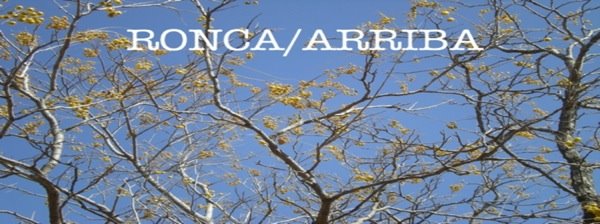Summers in Washington are, for me, easy to love. The days are long, the berries are plentiful, and the temperatures rise to a pleasant 85 degrees. Sometimes. Summer in Kansas often feels like an endurance test: the ticks, the 100-degree heat, the summer storms of May and June and the searing hot winds of late August. The summer off-sets the endurance test that is a Kansas winter, creating something akin to a balance of extremes. For years, I buffered myself against the cold winds of winter and the summer heat waves by imagining life in a land less mercurial, more temperate in its weather patterns.
Having settled in western Washington, however, the lack of climatic intensity feels odd. Winter was as expected, wet and dark, with the rare bright day counted as an unexpected gift. Spring, though, oh, spring; you caught me unaware. In Kansas, spring is an exuberant, if uneven, extraction from winter's icy grip. Things change. They melt, they give birth, they burst forth. What was once barren, brown, and frozen now heaves with life (often, with insect life), marking a hectic transition from winter to summer. In Washington, spring creeps. It is subtle, the days slowly lengthening, the brighter leaves of deciduous trees filling in the gaps among the evergreens, the shading in of pale new growth at the tips of the Douglas firs and hemlocks. I, the impatient Kansan, frequently missed the cues, my body still attuned to weather patterns over a thousand miles to the east.



